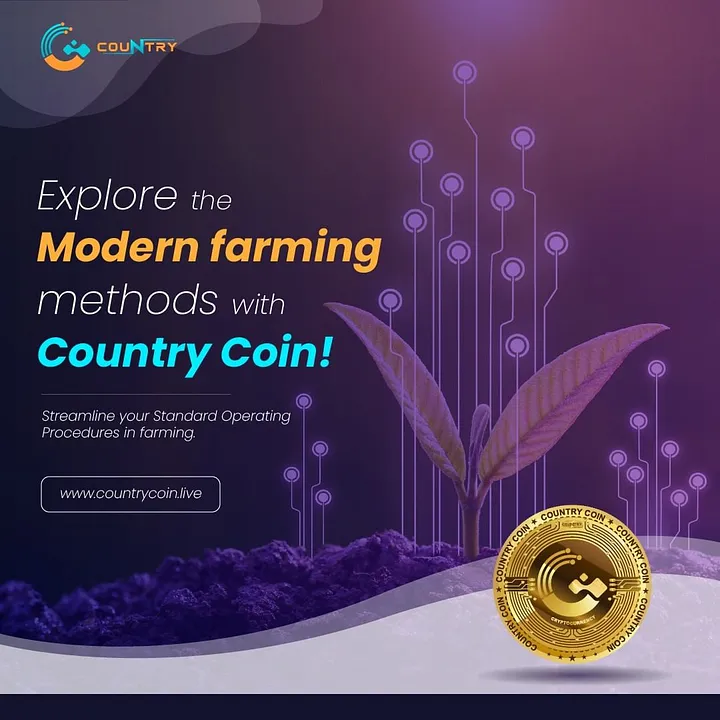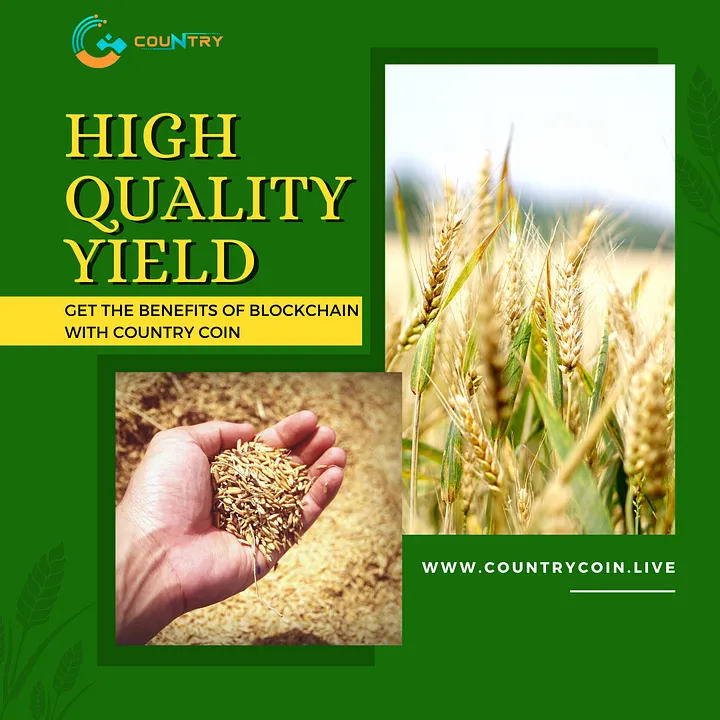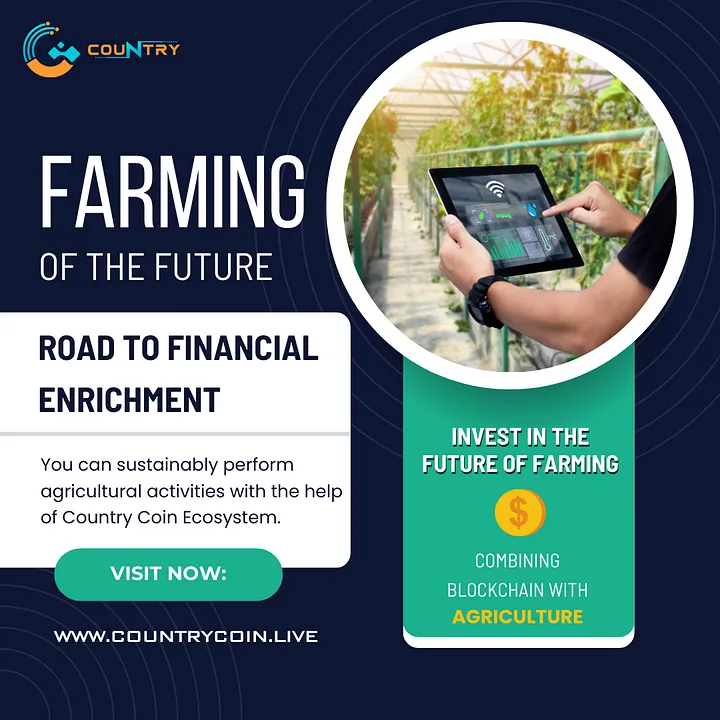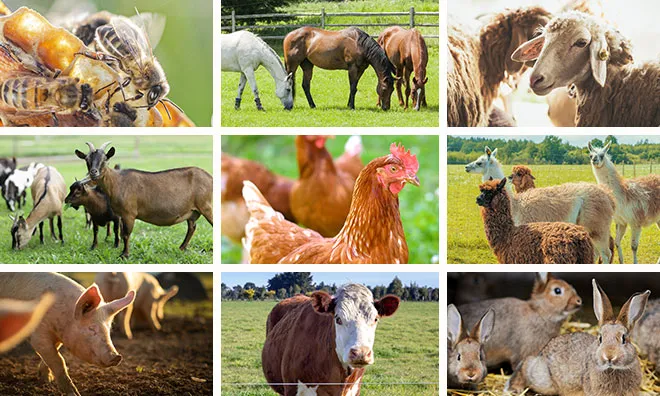
The agricultural industry has been a cornerstone of human society for thousands of years. From small family farms to massive industrial operations, farmers have always been at the forefront of innovation, adapting to new technologies and trends in order to increase efficiency and profitability. Today, the advent of blockchain technology is set to revolutionize the way we farm, bringing a new level of transparency, efficiency, and security to the sector.
Blockchain is a decentralized digital ledger that allows for secure and transparent record-keeping. It works by creating a permanent and unalterable chain of records, called blocks that are linked and secured through cryptography. This technology is already being used in a variety of industries, including finance, supply chain management, and healthcare, but its potential in agriculture is only just beginning to be explored.
One of the key benefits of blockchain in agriculture is the ability to improve transparency in the supply chain. By creating a permanent and public record of all transactions, blockchain can help to ensure that the products we consume are ethically and sustainably produced. For farmers, this can help to build trust with consumers and increase their brand recognition. In addition, by tracking the entire supply chain from farm to table, blockchain can help to reduce waste, improve food safety, and increase the overall efficiency of the industry.
Another important benefit of blockchain in farming is the ability to increase efficiency in the distribution of resources. By using blockchain to track and manage resources, farmers can make better use of inputs like seeds, fertilizer, and water, reducing waste and increasing productivity. This can also help to reduce the cost of production, which is particularly important for small farmers who often operate on tight margins.
In addition to these benefits, blockchain can also help to promote sustainable agriculture by incentivizing farmers to adopt environmentally friendly practices. For example, by tracking the use of inputs like fertilizer and pesticides, farmers can demonstrate their commitment to sustainability, which can increase consumer trust and help to establish their brand as a leader in the field. In addition, blockchain can help to ensure that environmentally friendly practices are implemented and enforced, which can help to reduce the environmental impact of farming and protect the planet for future generations.
Despite these benefits, there are still some challenges to the adoption of blockchain in agriculture. For example, there are concerns about the cost and complexity of implementing blockchain technology, as well as the need for standardized protocols and regulations in order to ensure that the technology is used effectively. In addition, there is a need for education and awareness around blockchain and its potential in agriculture, in order to encourage farmers to adopt the technology and reap the benefits.
Despite these challenges, the potential of blockchain in agriculture is too great to ignore. By revolutionizing the way we farm, blockchain has the potential to create a more sustainable, efficient, and transparent agriculture sector, which will benefit farmers, consumers, and the planet alike. Whether you are a farmer, an investor, or simply someone who cares about the future of our food system, the power of blockchain in agriculture is something that you should pay close attention to.
In conclusion, the application of blockchain in agriculture has the potential to bring about major improvements to the industry. From improving transparency in the supply chain to promoting sustainable agriculture and reducing waste, blockchain has the power to transform the way we farm and create a more secure, efficient, and sustainable food system for the future. With the right investments and support, the agricultural sector has the potential to become a leading adopter of blockchain technology, paving the way for a brighter and more sustainable future for us all.



